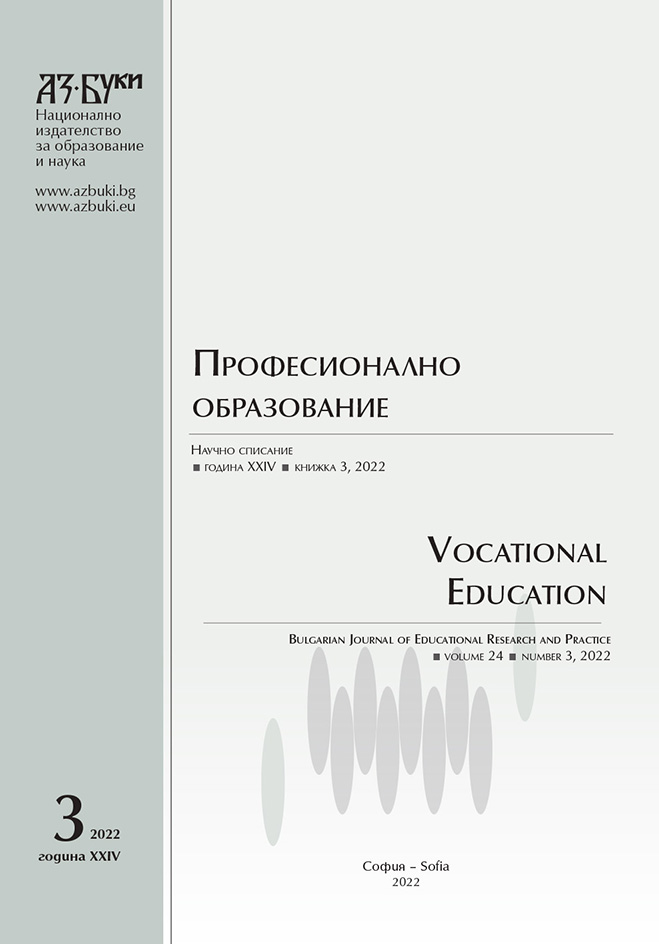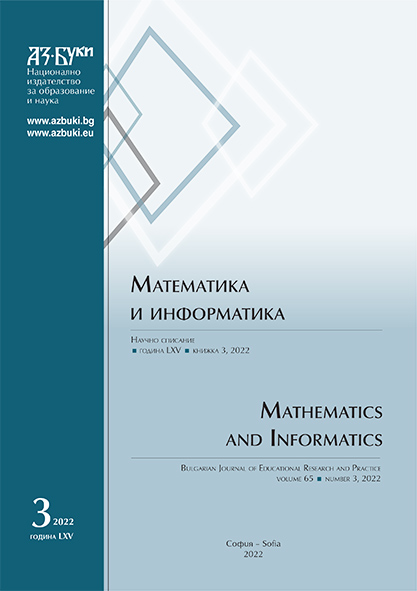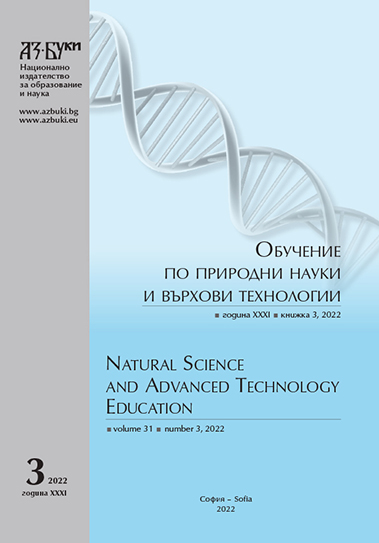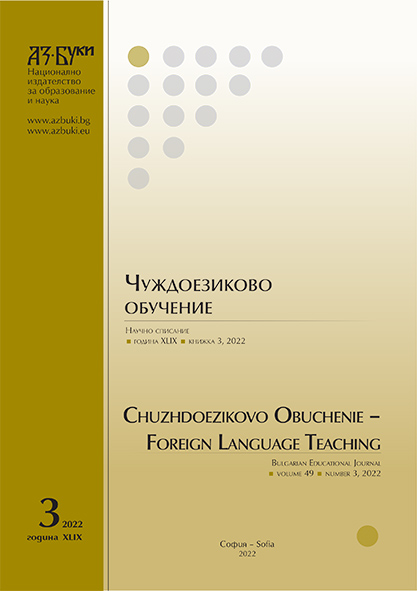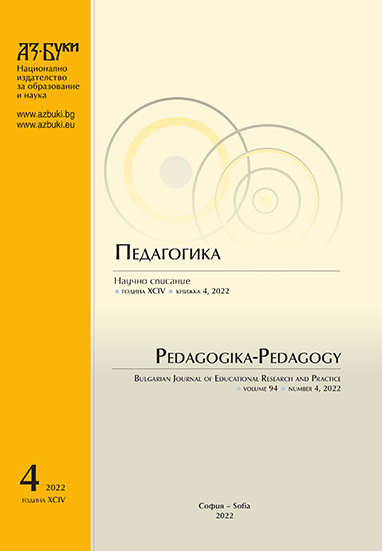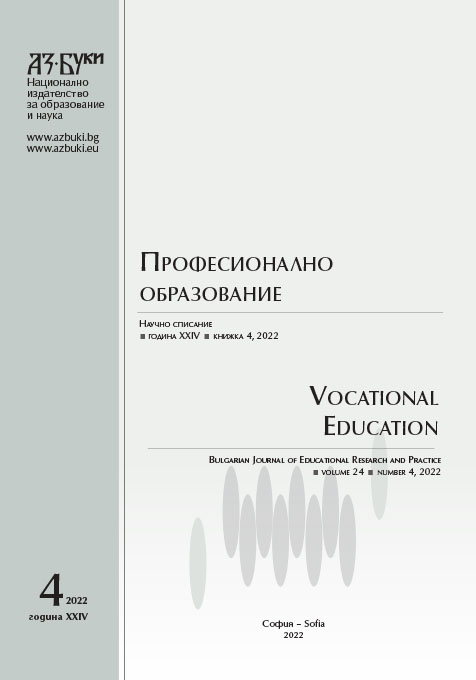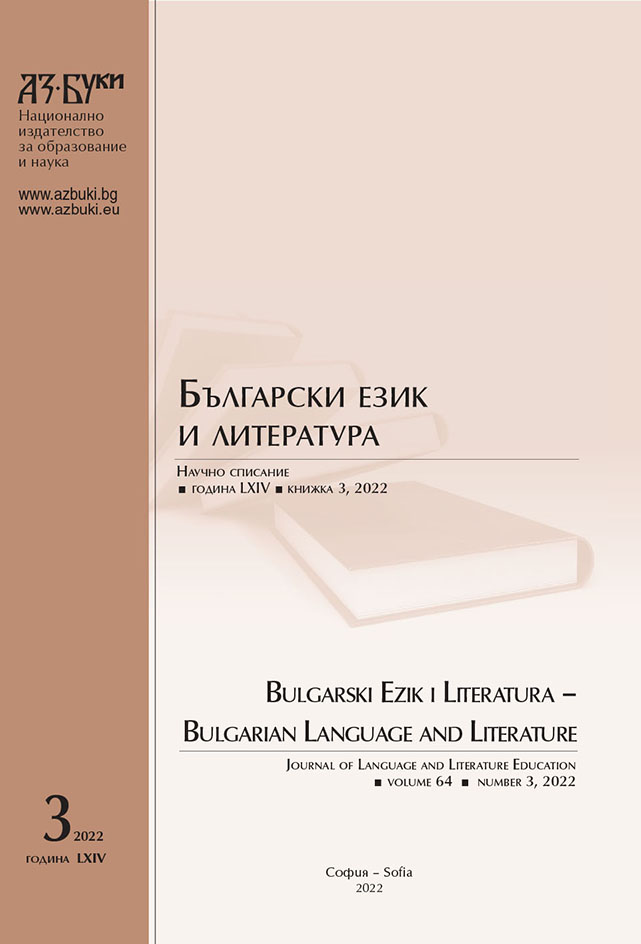
Visualization of Subordinate Circumstantial Sentences for Concession in the Context of Syntax Training in 8th Grade (Project-Research Model)
The article shares experience from the application of a model for project and research activities related to the acquisition of knowledge of complex compound with subordinate circumstantial sentence for concession – through the obtained additional information about subordinate circumstantial sentences for concession students upgrade their knowledge of syntax. The research focuses on the visualization of the acquired new knowledge by the students as a result of their active learning, which includes independent search, selection, interpretation and attractive presentation of the studied information. This series of consecutive actions of the student directly corresponds to the role of the teacher – this is where the skills of the teacher-innovator become apparent – he not only prepares an interesting project topic for work, but also correctly selects and distributes learning tasks, taking into account students' abilities, provoking their interest. Thus, having received support and guidance, students are highly motivated and willing to work on the project assignment.
More...
